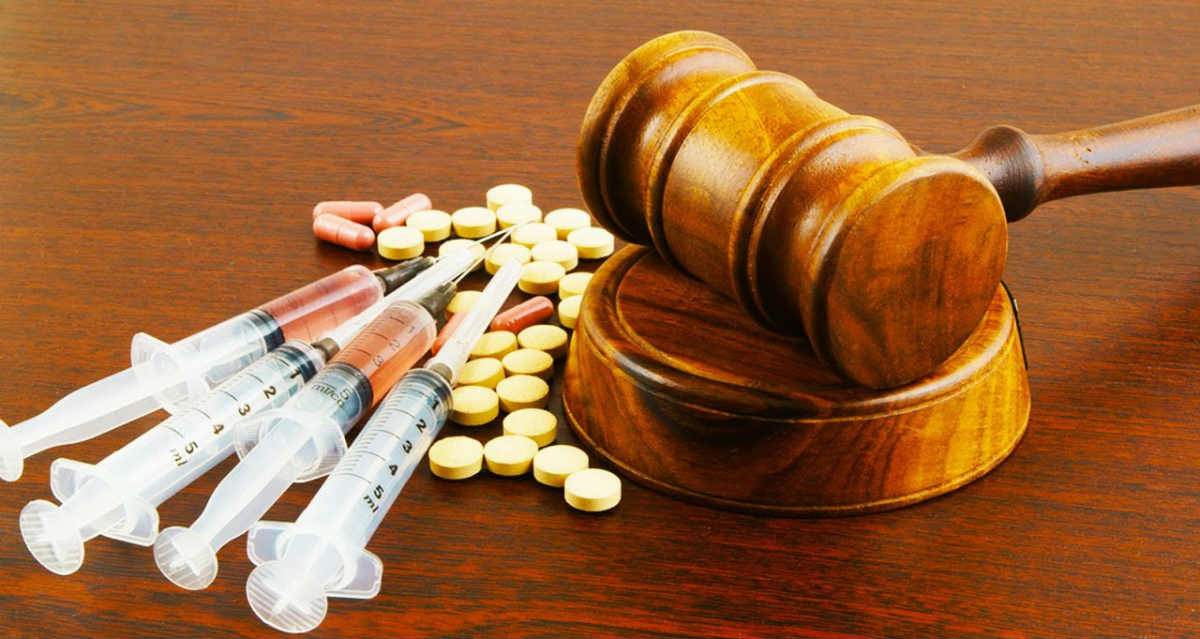
Are drug addicts responsible or helpless victims of an illness?
The Massachusetts Supreme Court could decide
Who is responsible for drug addiction: your brain or you? This momentous question will be decided in the Massachusetts Supreme Judicial Court soon.
Addict Julie Eldred violated her parole by taking drugs. A judge derided her plea for compassion as “just a bunch of excuses” and sent her off to jail. The same thing happened again three years later when she again took drugs while on parole.
Now, according to a report in the Boston Globe, she is suing the state government, alleging that “the court violated her constitutional rights by ordering her to remain drug free, arguing that her substance use disorder makes it virtually impossible for her to control her drug use through sheer will”.
Her lawyers maintain that:
“Drug addiction, we now know, is a chronic brain disease whose hallmark feature is an inability to exert control over the impulse to use drugs despite negative consequences. Punishing relapse is ‘clinically contradicted.’ As this case makes clear, it is also morally indefensible.”
The response of the State Attorney-General has been to paint drug addiction as a matter of choice. It is wrong to compare addiction to diseases like asthma, hypertension or cancer. “The drug free and testing conditions of probation are constitutional because they are based on the proven assumption that most people with drug addiction retain the ability to exercise choice,” wrote Assistant Attorney General Maria Granik.
The medical profession is divided, but the American Medical Association and the Massachusetts Medical Society (which publishes the New England Journal of Medicine) believe that addiction is a chronic illness caused by a number of environmental, behavioural and biological factors.
Other doctors argue that addicts respond to incentives – like the threat of being jailed or losing a job. “The threat of being incarcerated, or re-incarcerated or sanctioned in some way, gives the addict an extremely powerful incentive to stay clean,” wrote three psychologists and a psychiatrist in an amicus brief.
Moreover, the thinking behind these claims, which often rests on what we have termed “unrefined biological determinism,” will support claims that the very concept of responsibility that is foundational for criminal law and our society is unjustified. We are mindful of the dangers of catastrophic thinking, but we fear that granting the probationer’s petition may have the effect of starting to pry open the lid of Pandora’s Box.
Creative commons
https://www.bioedge.org/images/2008images/FB_drug_court.jpg
drug addiction
massachusetts
usa
- How long can you put off seeing the doctor because of lockdowns? - December 3, 2021
- House of Lords debates assisted suicide—again - October 28, 2021
- Spanish government tries to restrict conscientious objection - October 28, 2021
